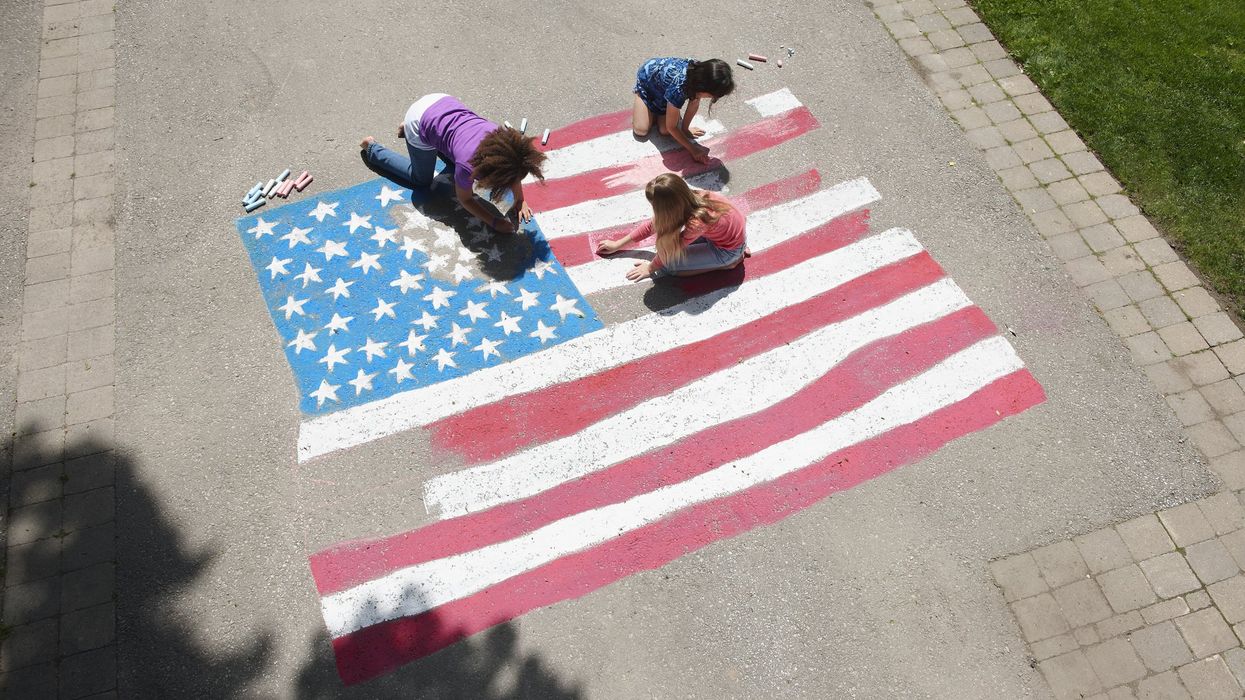When you hear the word “freedom,” what comes to mind? For many, it’s the ability to do whatever we want without restrictions. But what if we reimagined freedom? What if it wasn’t just about personal liberty, but about finding purpose, building connections, and making life better—not just for ourselves, but for others too?
In a democracy, this idea of freedom takes on even greater significance. A healthy democracy thrives not just on individual rights but on collective responsibility. Real freedom, then, isn’t the absence of accountability; it’s found through accountability.
Freedom Meets Civic Engagement
This connection between freedom and accountability is the foundation of civic engagement. It’s about moving beyond individual desires to contribute meaningfully to the broader community. Think of the everyday heroes who volunteer at polling stations, join neighborhood associations, or spearhead efforts to renovate a local park. These actions don’t just strengthen democracy—they make freedom purposeful.
Here’s a simple example: Imagine joining a community group to revitalize a local school playground. It’s not only about creating a safer, happier place for children to play—it’s about fostering community pride and connection. In this way, civic engagement transforms individual freedom into a collective force for good.
Purpose, Happiness, and Accountability
The idea that helping others enhances our own well-being is backed by research. Studies show that contributing to others boosts happiness and provides a deeper sense of purpose ( Aknin, Dunn, & Norton, 2013). People who regularly help others report greater life satisfaction and even live longer. By stepping outside of our own desires and focusing on others, we create a ripple effect of positivity—and we benefit, too.
This principle applies to civic life as well. Participating in efforts that benefit our neighborhoods or nation—whether through voting, organizing, or simply lending a hand—can create that same sense of fulfillment. Accountability in this context isn’t a burden; it’s an opportunity to connect with others and contribute to something bigger than ourselves.
Words Matter in a Democracy
One of the most visible examples of freedom intertwined with accountability is free speech. Words have power, and in a democracy, how we use that power shapes trust and connection. Misinformation, for instance, can erode public trust and weaken democratic processes. The spread of falsehoods about election integrity in recent years has shown just how damaging unchecked speech can be.
On the flip side, responsible communication—fact-checked journalism, civil discourse, and thoughtful debates—builds bridges and strengthens democracy. Imagine if each of us saw our freedom of speech as an invitation to foster understanding rather than sow division. That’s accountability in action, and it starts with us.
From “Me” to “We”
Freedom and accountability are not just for individuals—they’re also essential for communities and businesses. Consider initiatives where neighbors come together to improve local parks or advocate for better public services. These efforts reflect a “we” mindset, where freedom is exercised in ways that benefit everyone.
For businesses, the stakes are even higher. Companies influence political decisions, social norms, and environmental outcomes. When businesses act responsibly, considering their employees, customers, and the planet, they contribute to the common good. When they don’t, the consequences ripple through society.
Accountability as an Invitation
At its heart, the conversation about freedom and accountability is about growth. It’s about recognizing that we’re all connected and that our choices impact others. Accountability isn’t a limitation—it’s an invitation to live with purpose, connection, and kindness.
So, what does this look like in everyday life? Picture a neighborhood coming together to plant trees in a park, improving air quality and creating a place for kids to play. Or think about a group of citizens advocating for better public transportation, ensuring access for those who need it most. These acts of civic engagement demonstrate freedom matured—freedom that uplifts and unites.
Freedom, when it matures, becomes so much more than “doing what I want.” It becomes a way of living that creates joy, builds trust, and strengthens communities. And isn’t that the kind of freedom we all want—not just for ourselves, but for each other?
Debilyn Molineaux is a storyteller, collaborator & connector. For 20 years, she led cross-partisan organizations. She works towards a thriving, just, and healthy future for all. She is the Executive Director at the Center for Collaborative Democracy, leading the Grand Bargain Project. She continues her work at American Future, inspiring everyone to share their personal future visions as a foundation for building new communities, and is the host of the TerrifiedNation.com podcast.




















Trump & Hegseth gave Mark Kelly a huge 2028 gift